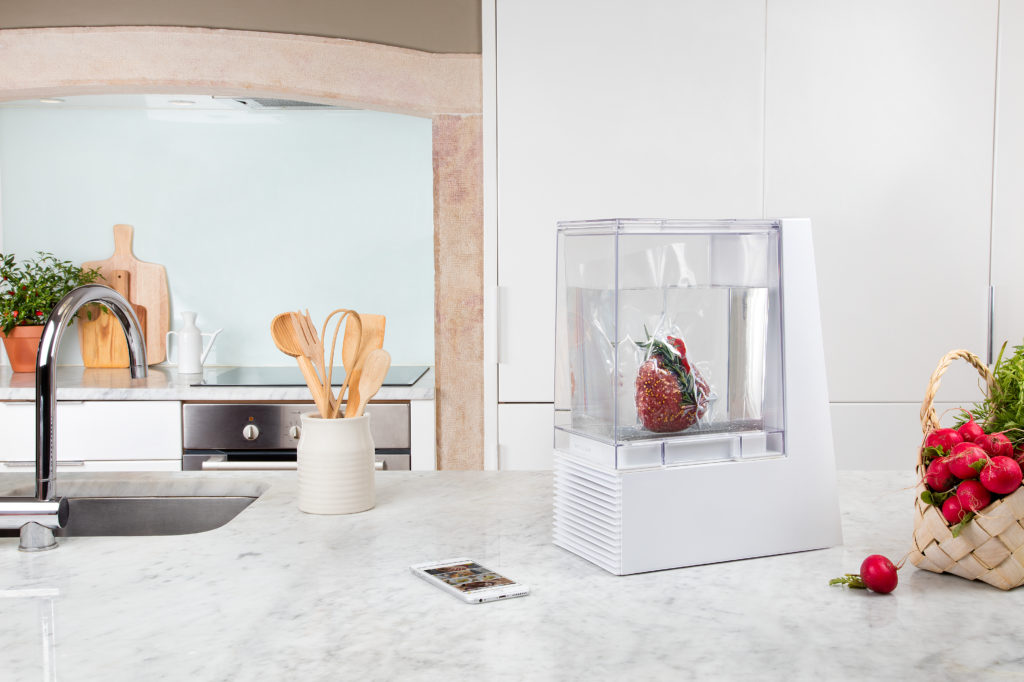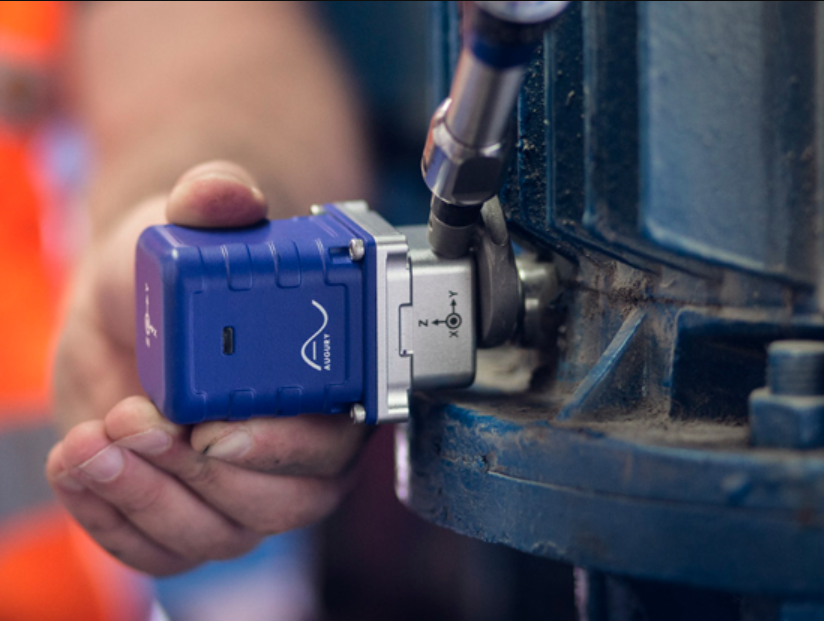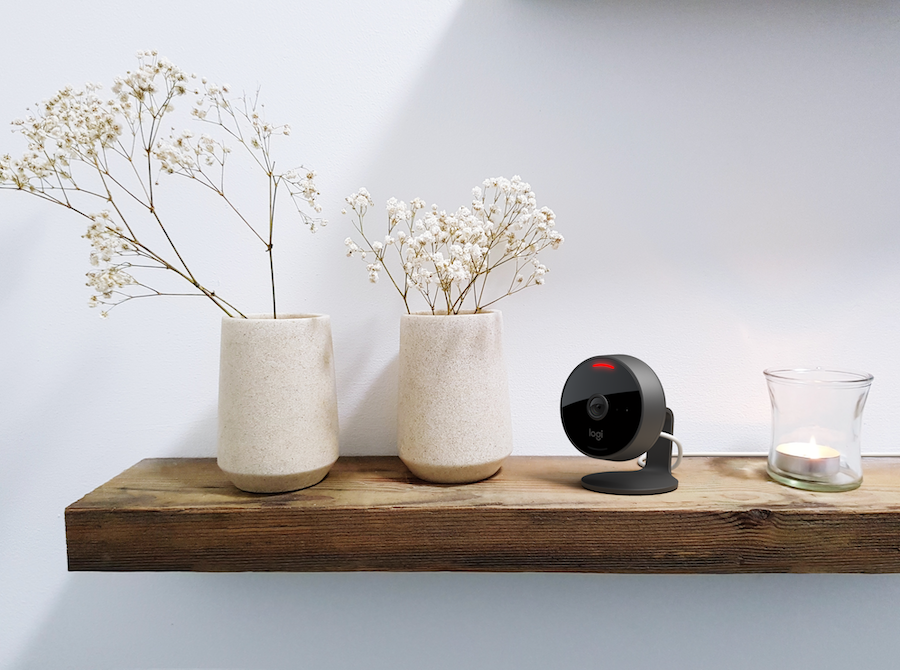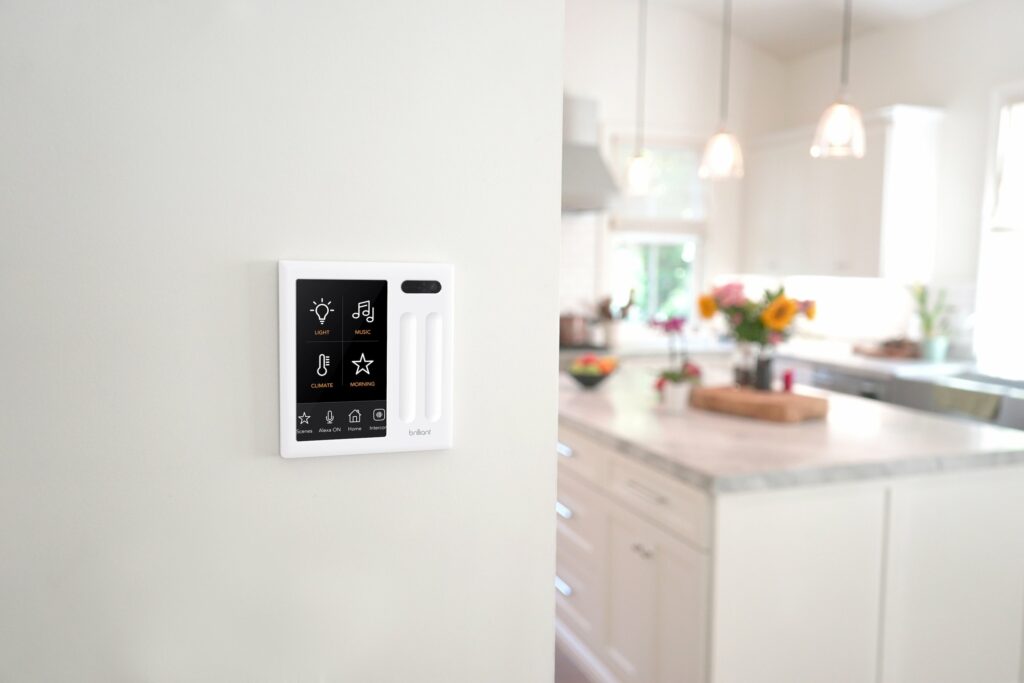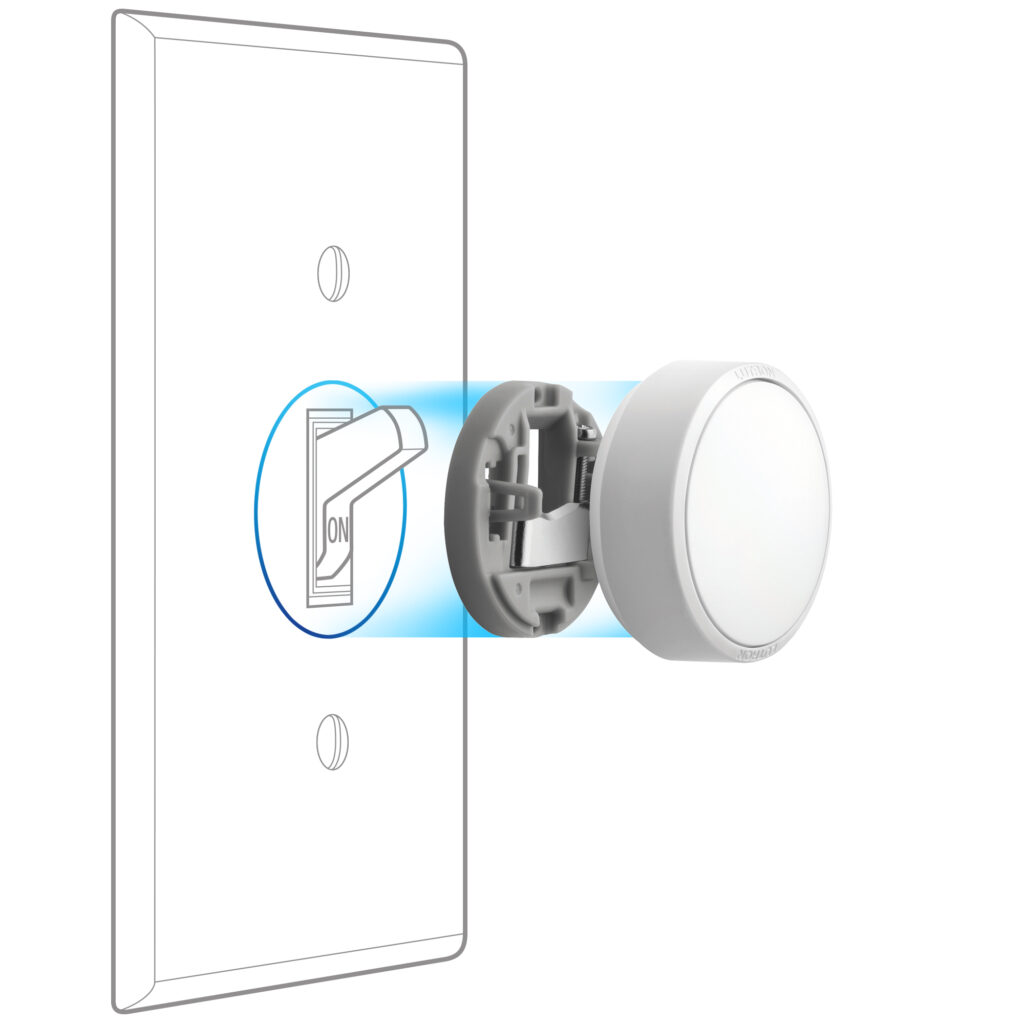This week’s show starts off with a conversation about Thread because it’s clear that it’s going to become an important radio for the future of the smart home. We explain why before discussing an update to LoRaWAN and an alternative to the big voice-controlled smart speakers from Josh.ai. After that, we express frustration with exploding doorbells, discuss a fitness tracker that finally covers pregnancy, and get excited about a new robot vacuum. On the industrial side, I try to get excited about Hitachi Vantara’s deal with Amazon Web Services and explain why Honeywell is trying to become more than just a process manufacturing powerhouse. We conclude the show by answering a listener’s question about Wi-Fi.
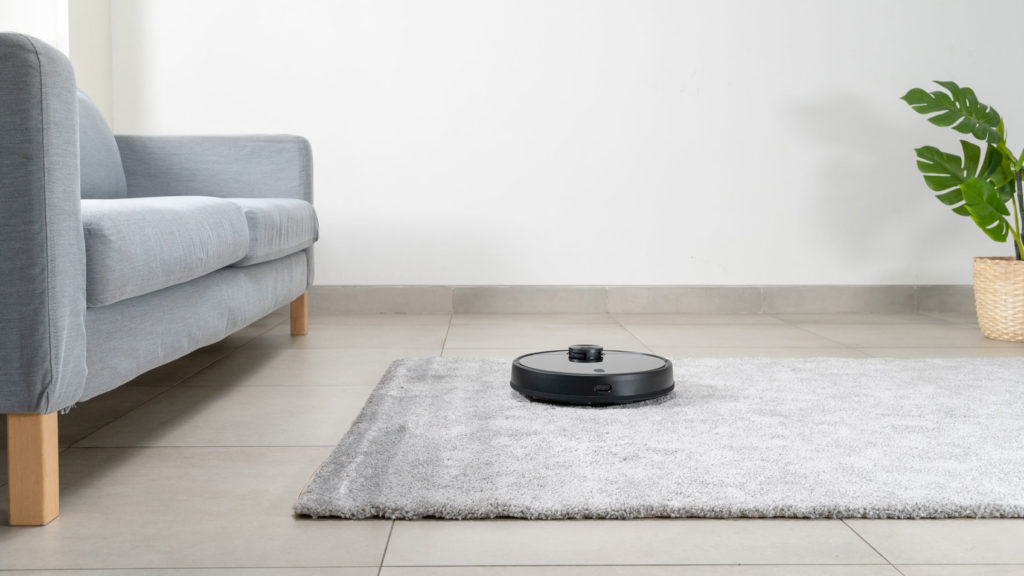
Our guest this week is Chris Nelson, VP of Software Development at OSIsoft. He explains what a digital twin is and isn’t and attempts to cut through some of the marketing hype about where we are in terms of building real-time updateable models of machines and manufacturing processes. If that gets too esoteric, he also tries to talk about what they mean for IoT business models and shares how digital twins might be helping us find a vaccine for COVID-19. It’s a good interview if you want to figure out what’s real and what is just marketing.
Hosts: Stacey Higginbotham and Kevin Tofel
Guest: Chris Nelson, VP of Software Development at OSIsoft
Sponsors: Calix and Teracode
- Why Apple cares about Thread and you should too
- Why not put LIDAR on a vacuum cleaner?
- What it means when Honeywell’s CEO says it’s a controls company now
- What’s real and hype when it comes to digital twins
- How digital twins can help us discover a COVID vaccine
Podcast: Play in new window | Download | Embed
Subscribe: RSS

